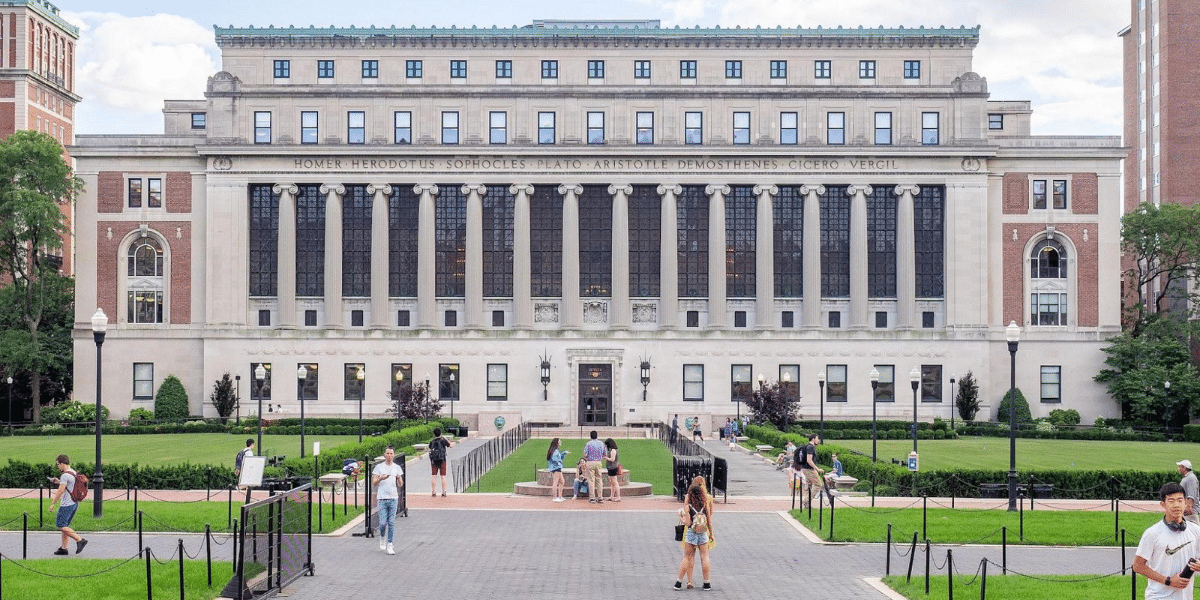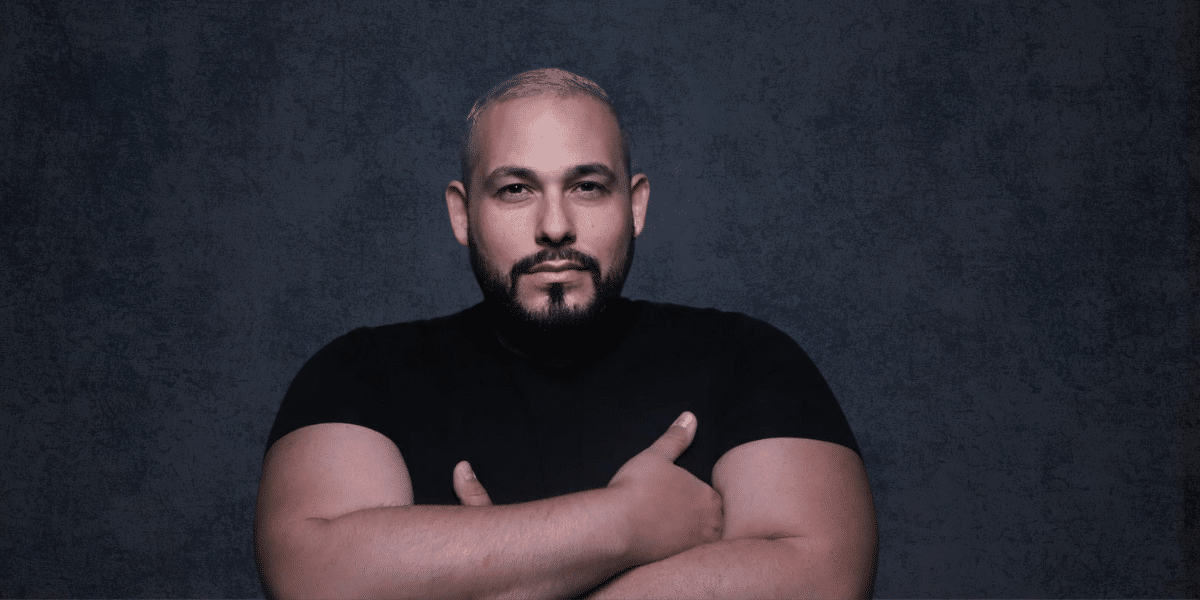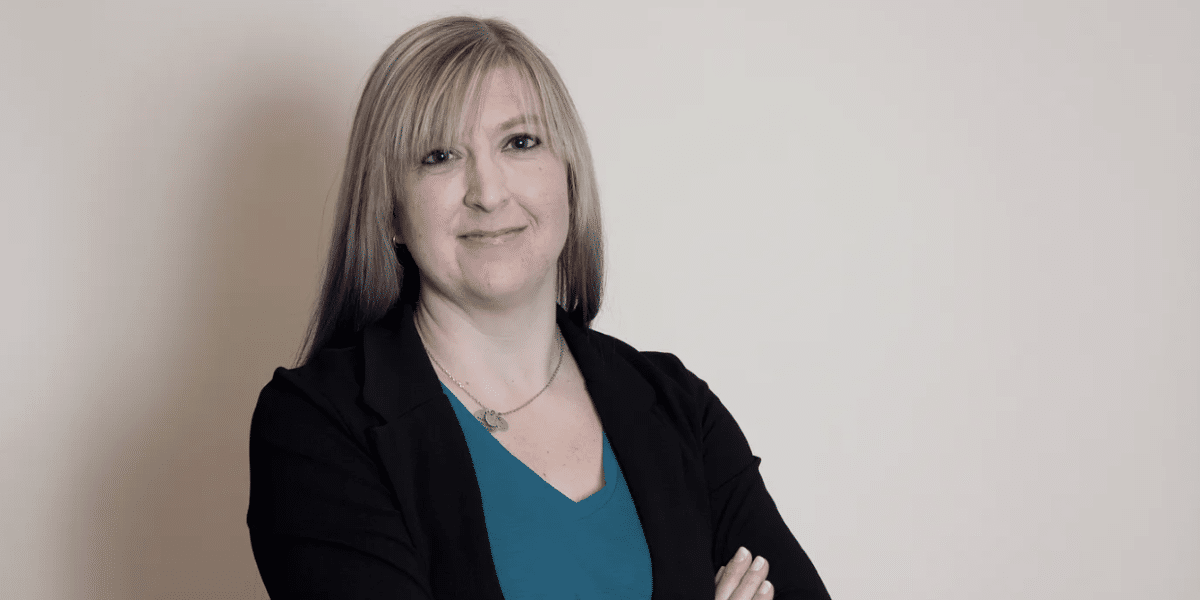Since its inception, the FSDS Public Fund has set high goals for itself: to promote the formation of an inclusive society and stimulate economic growth in Central Asia. Over the years of active work, the Fund has achieved significant results, improving the lives of many people and reaffirming its significance in the region.
Azamat Sultanaliev, an experienced public relations specialist, played a key role in this process. With a wealth of experience in various projects, he brought valuable knowledge and skills to the Fund. His contribution to leading a large media campaign at the East-West Management Institute not only increased public awareness of legal aid but also demonstrated his ability to make real changes.
“Every project I’ve worked on has given me unique experience and understanding of how our actions can change people’s lives for the better,” notes Azamat. His diverse experience working with youth and participation in national projects have provided him with invaluable expertise, which he successfully applies in his work at FSDS.

Photo Courtesy: FSDS Public Fund
Azamat’s commitment to inclusion manifested early in his youth when he actively participated in organizing youth forums. This experience became the foundation for his subsequent work at the Fund.
One of the key moments in Azamat’s career was his work at FSDS and involvement in the global #TOMGlobal movement dedicated to creating accessible and inclusive technological solutions for people with disabilities, involving 23 countries to date. This collaboration allowed the Fund to elevate to a new level and underscore the importance of international cooperation in achieving common goals. As a result, the organization held 3 Makeathons in Kyrgyzstan with representatives from neighboring countries – Kazakhstan, Uzbekistan, and Tajikistan – during which more than 20 successful prototypes were developed.
The most successful entries were recognized by the jury – the work of the MedEngineering team from Kazakhstan, which assembled an exoskeleton for Dastan, who had been confined to a wheelchair for 10 years. During the team’s presentation, he was able to take his first steps in a long time.
Another entry to highlight was developed by the Genesis Bionics team from Bishkek. They developed the first bionic hand prosthesis in the Kyrgyz Republic. Aidana demonstrated how she could grip and release her hand in front of the Makeathon jury and audience, while an additional noteworthy entry came from the Enactus KNU team, presenting sturdy and accessible canes for blind and visually impaired people to the jury.
Today, holding Makeathons in Kyrgyzstan has become an anticipated event, and with each passing year, the number of new teams only increases. Next year, the goal is to showcase the best inventions on the main stage of the Makeathon, held annually in the USA.
“We see how our efforts in Kyrgyzstan are resonating on a global level. This confirms that even local initiatives can make a significant contribution to global change,” shares Azamat.
Note:
As of today, there are over 30,000 children with disabilities living in Kyrgyzstan, who are particularly vulnerable to stigmatization and discrimination and often become isolated from the rest of society. In most cases, they are preferred to be excluded from statistical data, thus becoming “invisible” to decision-makers, service providers, and the public. They often face numerous violations of their rights.
Published By: Aize Perez








